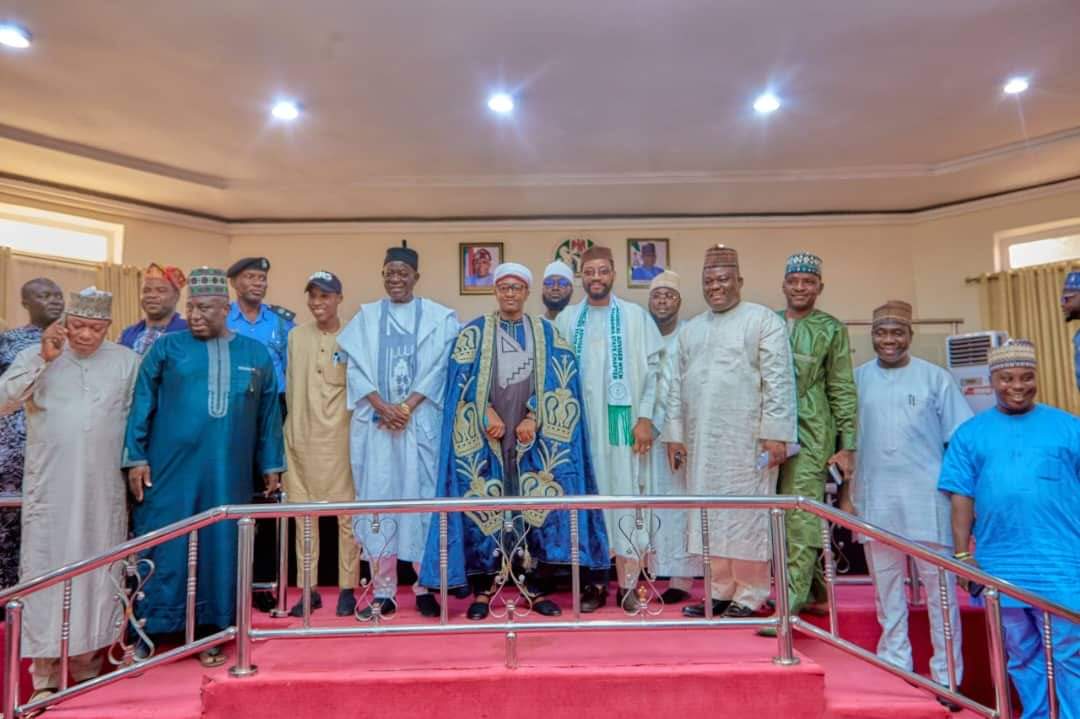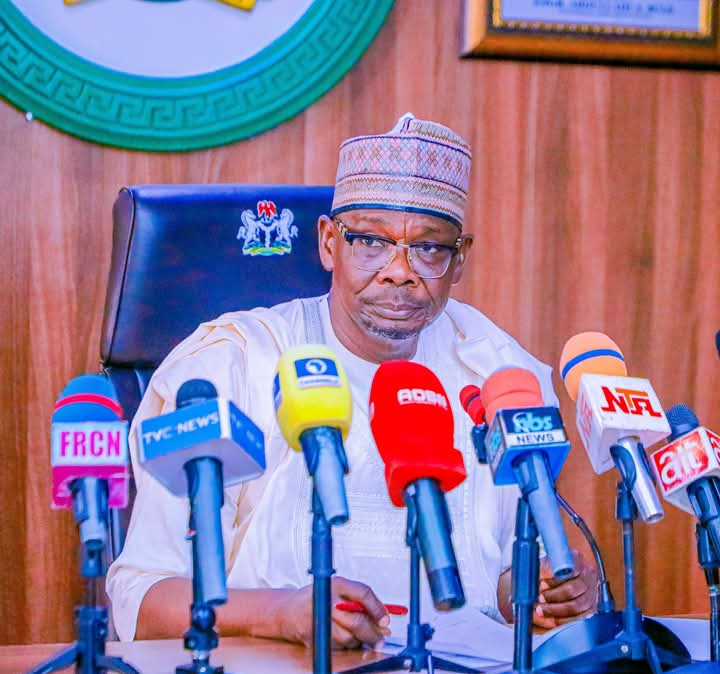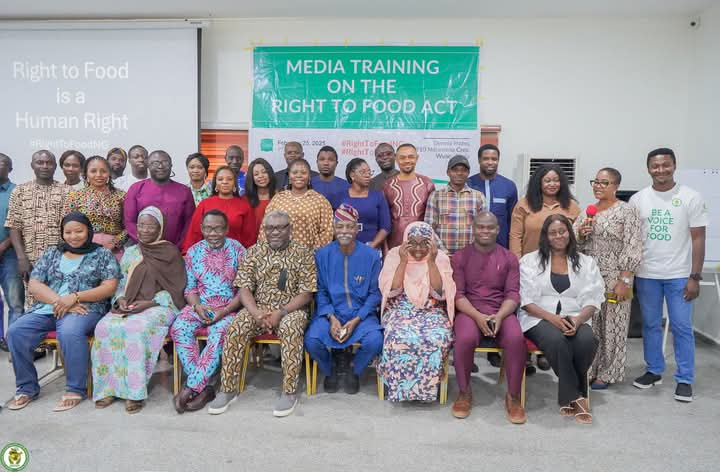By mkeenem Lubem
In the heart of Makurdi, Benue State, a disturbing incident unfolded. A young man accused of stealing a motorcycle was brutally tied up, beaten, and burned alive by angry youths. The cheering crowd drowned out his screams, denying him the chance to speak or receive a fair trial. This horrific act is part of a growing pattern of mob violence, where individuals accused of crimes – sometimes falsely – are publicly humiliated, tortured, and killed without due process.
Mob justice, also known as jungle justice, remains a socio-legal concern, reflecting a lack of trust in the state’s ability to ensure public security. This age-old practice involves collective action to punish suspected criminals, often resulting in harm or death. According to Tersoo Meer, mob justice is often fueled by frustration with the ineffective justice system, leading people to take the law into their own hands.
Human rights lawyer, Barrister Emmanuel Oche notes that people often feel justice is only for the rich, leading to instant punishment rather than following due process. Iornder Igbare shared a harrowing incident from 2021 in Logo Local Government, where a 23-year-old boy was brutally killed for stealing a turkey, leaving a haunting memory.
Social media is replete with videos of mob justice, featuring suspects being stoned, stripped naked, and set ablaze. These images are gut-wrenching, often depicting young men who were never proven guilty by law.
To curb this menace, Nigeria’s constitution emphasizes that nobody is guilty until decreed by a court of law. Fostering trust in the legal system and within ourselves is crucial to reversing this trend. Jungle justice is not justice; it’s an offense perpetrated by those who administer it.
Let’s work together to promote a fair and just society, where the rule of law is respected, and human rights are protected







